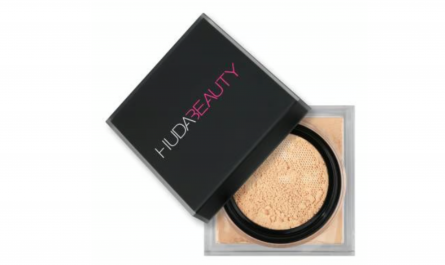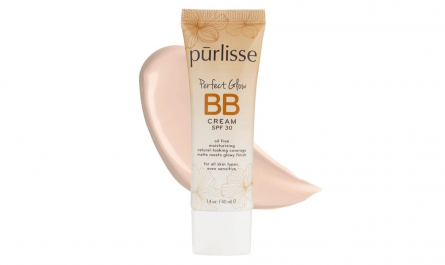Makeup is a wonderful tool for enhancing our beauty and boosting our confidence. However, the way we remove and cleanse our makeup is just as crucial as the application process. In this comprehensive guide, we’ll delve into the art of makeup removal and cleansing, focusing on preventing clogged pores and maintaining healthy, radiant skin.
Understanding Clogged Pores
Clogged pores, often referred to as “congested” or “blocked” pores, occur when debris such as makeup, dirt, and dead skin cells accumulate within the hair follicles on our skin. These blockages can lead to a range of skin issues, including acne, blackheads, and enlarged pores. Preventing clogged pores is essential for maintaining clear and healthy skin.
Choosing the Right Makeup Remover
Before embarking on your makeup removal journey, it’s crucial to select the appropriate makeup remover for your skin type and the makeup you wear. There are various options, including micellar water, cleansing oils, and makeup wipes. Choosing the right one will ensure effective makeup removal without causing irritation.
Step-by-Step Makeup Removal
- Removing Eye Makeup: The delicate skin around the eyes requires special care. Learn how to remove eye makeup gently and effectively.
- Cleansing the Face: Explore the step-by-step process of removing foundation, concealer, and other face makeup, ensuring thorough cleansing.
- Targeting Stubborn Makeup: Some makeup products can be stubborn to remove. Discover techniques for dealing with long-lasting lipsticks and waterproof makeup.
- Double Cleansing: Uncover the benefits of double cleansing, a method that involves using an oil-based cleanser followed by a water-based cleanser to ensure a deeply clean face.
Importance of Gentle Techniques
To avoid skin irritation and damage, gentle techniques are essential. Harsh scrubbing and tugging can lead to redness and micro-tears in the skin. Instead, opt for gentle massage and patting motions during makeup removal to keep your skin healthy.
Cleansing Your Skin
Once your makeup is removed, it’s time to cleanse your skin thoroughly. Select a facial cleanser that suits your skin type and follow proper cleansing techniques to eliminate any remaining impurities.
Additional Tips for Healthy Skin
- Exfoliation: Explore the role of exfoliation in preventing clogged pores and achieving a smoother complexion. Learn how to exfoliate properly and avoid overdoing it.
- Moisturizing: Discover the significance of moisturizing your skin after cleansing to maintain proper hydration and a healthy skin barrier.
Common Mistakes to Avoid
- Sleeping with Makeup On: The consequences of leaving makeup on overnight can be detrimental to your skin. Learn why it’s crucial to cleanse before bedtime.
- Using Inadequate Cleansing Products: Not all cleansers are created equal. Avoid using harsh or incompatible products that can strip your skin of its natural oils.
- Over-Exfoliation: While exfoliation is beneficial, overdoing it can lead to skin sensitivity and exacerbate clogged pores. Strike the right balance.
How to Know if Your Pores Are Clogged
Recognizing the signs of clogged pores is the first step in addressing the issue. If you experience persistent blackheads, acne breakouts, or enlarged pores, consider seeking professional advice to develop a tailored skincare routine.
Conclusion
In conclusion, makeup removal and cleansing are fundamental steps in maintaining healthy and beautiful skin. By understanding the importance of these processes, choosing the right products, and following gentle techniques, you can prevent clogged pores and enjoy the long-term benefits of clear, radiant skin.
Frequently Asked Questions
- Can I use the same makeup remover for both eyes and the face? While some makeup removers are suitable for both eyes and the face, it’s advisable to use a dedicated eye makeup remover for the delicate eye area to avoid irritation.
- Is it necessary to double cleanse every day? Double cleansing is not always necessary. Reserve it for days when you wear heavy or long-lasting makeup, as it ensures a deep cleanse without overstripping the skin.
- How often should I exfoliate my skin to prevent clogged pores? The frequency of exfoliation varies depending on your skin type. Generally, 1-3 times a week is sufficient for most people. However, consult your dermatologist for personalized advice.
- What if my skin feels dry after cleansing? If your skin feels dry after cleansing, follow up with a hydrating moisturizer to restore moisture and prevent over-drying.
- Can clogged pores lead to more severe skin issues? Yes, if left untreated, clogged pores can lead to more severe issues such as acne and skin infections. Proper skincare and cleansing are essential for preventing such complications.




